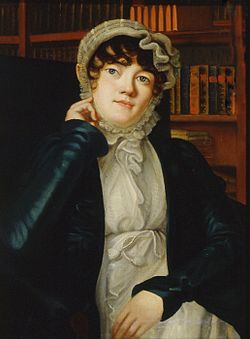Events

- Russo-Persian War (1804–1813)
- War of the Fourth Coalition
- February 3: Battle of Allenstein
- February 7–8: Battle of Eylau
- June 5–6: Battle of Guttstadt-Deppen
- June 10: Battle of Heilsberg
- June 14: Battle of Friedland
- July 7 and 9: Treaties of Tilsit end war
- Russo-Turkish War (1806–1812)
- May 22: Battle of the Dardanelles
- June 18: Battle of Arpachai
- July 1–2: Battle of Athos
- Anglo-Russian War (1807–1812) begins
- October 26: Russia declares war
- Lovers of the Russian Word
- Kalashnikov Concern

